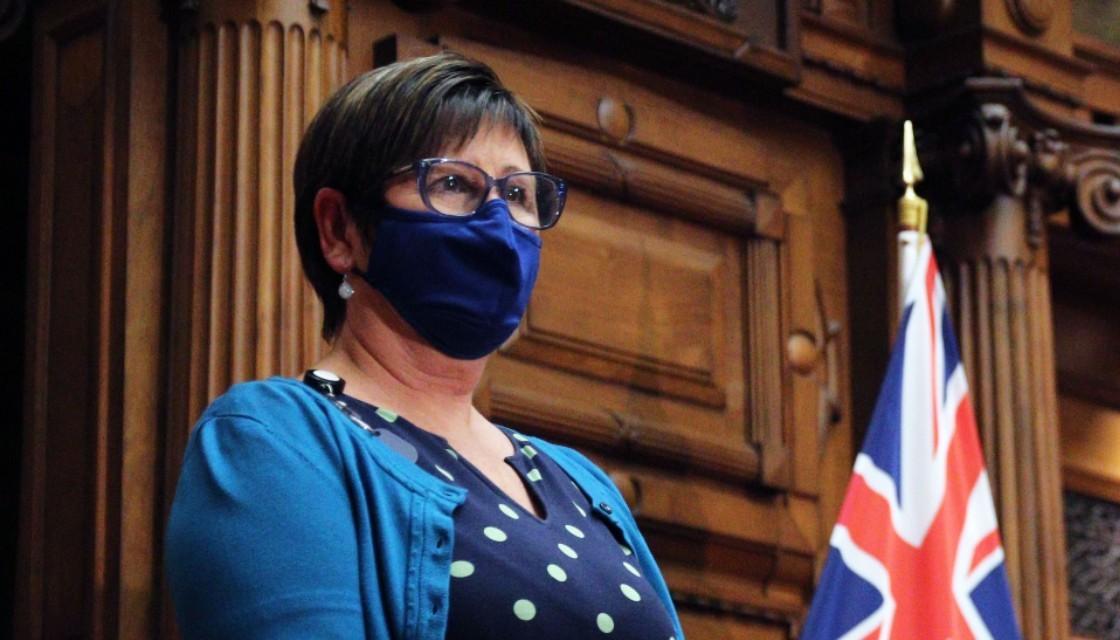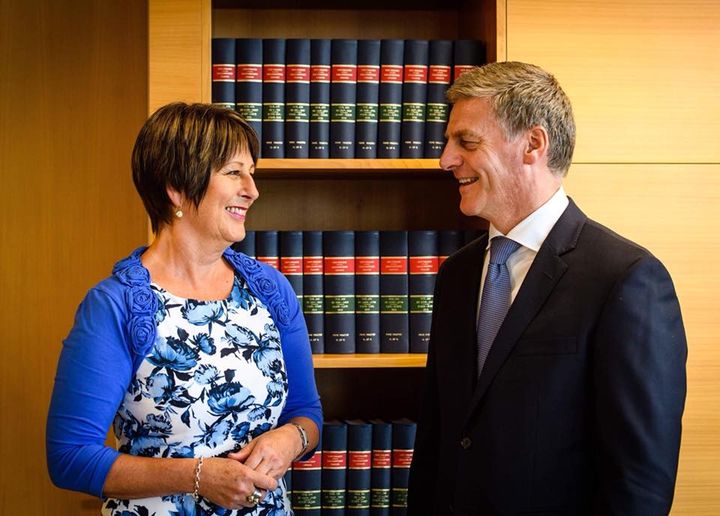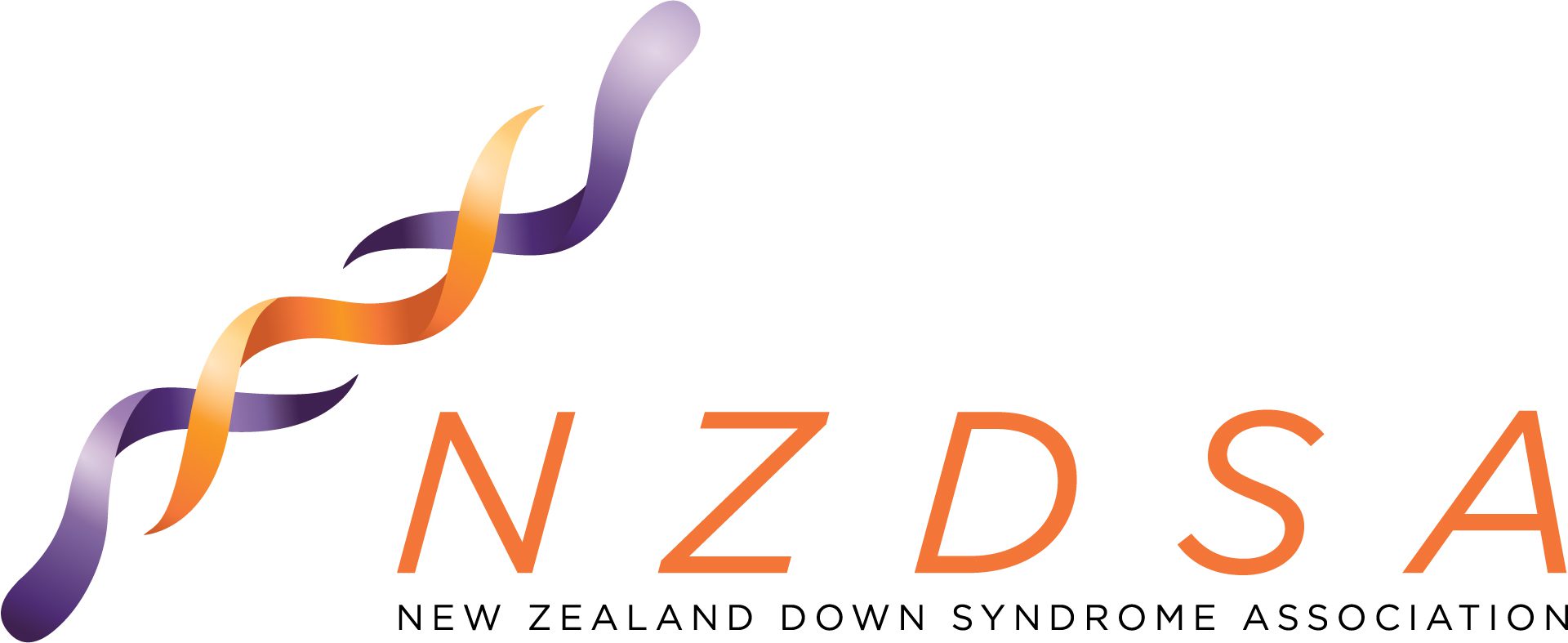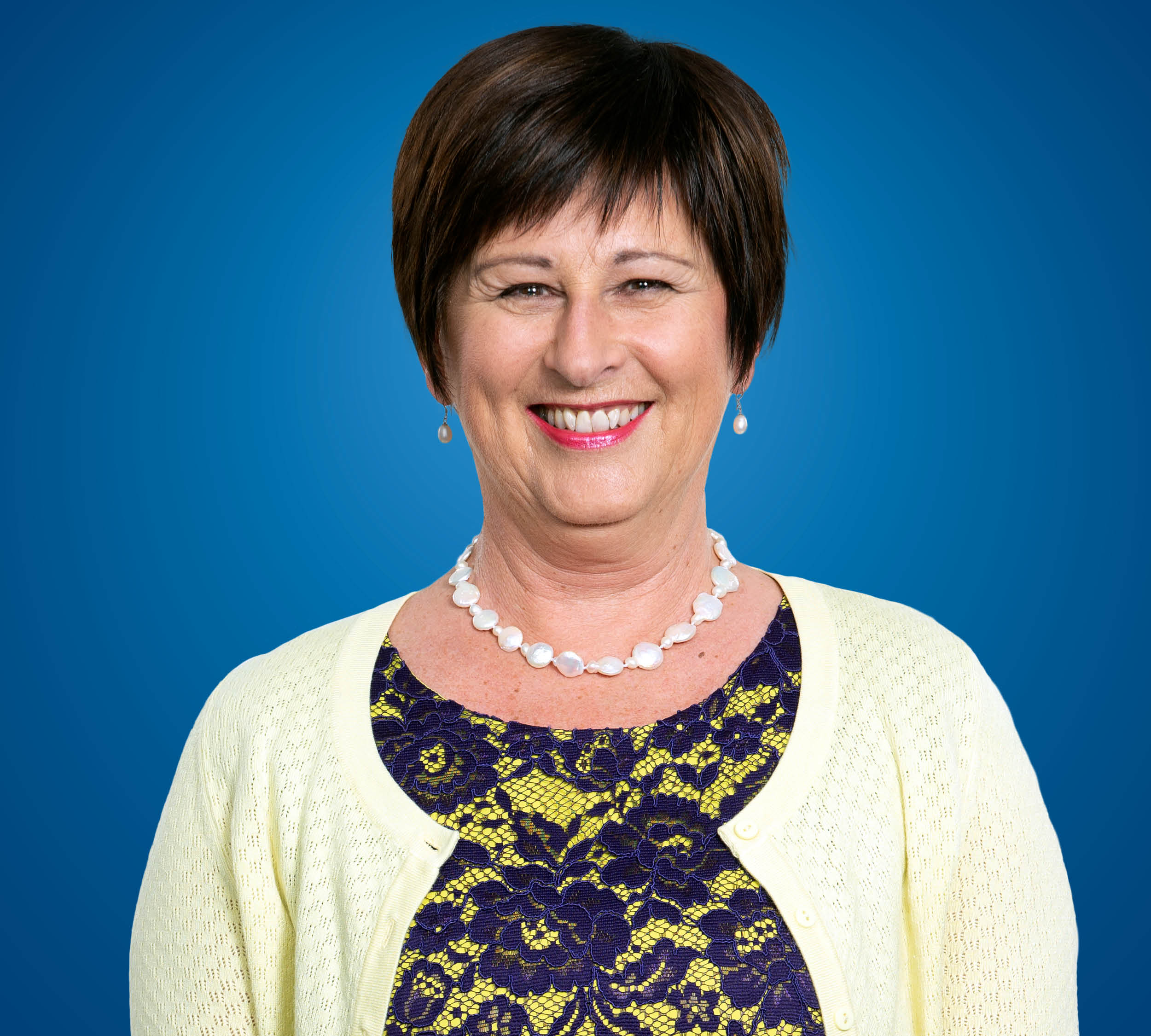
Pugh during the height of the pandemic
Maureen Pugh has had one of the bumpier rides to being a Member of Parliament. Two elections in a row, in 2014 and in 2017, despite what initial results indicated, she ended up just missing out on being a List Member for National. But then in 2016 and again in 2018, she did end up as an MP when she replaced MPs who were leaving. This led Pugh to describe herself as the ‘yo-yo MP’! But in 2020, she had a much higher list ranking, and came into Parliament without any further yo-yos.
Today, she is the National Party’s spokesperson for disability and carers, and also holds the community and voluntary sector portfolio. Putting disability and carers together in the same portfolio is something that was only introduced in the National Party in January of this year when Pugh took over the role.
“From a National Party point of view, the two roles are intertwined and inextricably so.”
Being relatively new to the role, Pugh works closely with her predecessor, who has a close connection to the Down syndrome community.
“My colleague, Penny Simmonds, she herself has a Down syndrome daughter, and so we still work very closely together… I think between the two of us, we will be able to make some really good, positive inroads.”
Pugh describes the disability and carers portfolio as “a much bigger portfolio than I thought it was going to be, because
there are so many strains to it, from intellectual or mental disability through to physical disability, and even temporary disability through accidents for example… We’re talking over 20% of the population of our country.
So it’s not insignificant in terms of the people that it impacts, especially when you consider the flow-on effects within a family or within a wider whānau group.”
Prior to her time in Parliament, Pugh was a Councillor and then the Mayor of Westland. Through that role in local government, she came into contact with people in her community with Down syndrome and other disabilities. Discovering the work of nation-wide networks such the New Zealand Down Syndrome Association has been an exciting learning curve for her in more recent months. Pugh’s earliest memories of disability were of her intellectually disabled uncle, and her grandfather who became paraplegic in a mining accident before she was born. He later learned to drive with a special all-in-one clutch, brake, and accelerator.
“I’ve still got that mechanism that he had to be attached to cars!”
Regarding more recent developments, Pugh agrees with Chris Ford’s assessment that the 2023 Budget released this winter by the Government “only does just enough but no more for disabled people.” Although she appreciates any government faces a gap between what they’d like to do and what they’re able to do because of financial constraints, she spoke to some of the other options available.
“I’ve had some very good conversations with people about some of the non-financial support and changes that could be made, simply around committing to not increasing barriers when anything is being decided. We’d like to make sure we’ve got that target of 15% accessible homes which looks like it might be getting to the target, but that’s not all there is to it. There’s very simple things, like a brand new pedestrian crossing being installed right behind the beehive. But when the light goes green, there’s no sound telling people that you can cross the street… These are the sorts of things I’m talking about.”
As Kim points out in her President’s Pen this season, the Down syndrome community has not been immune from disagreement regarding COVID-19 vaccinations. This is something Pugh has also had a journey with, being described by media as a “vaccine holdout” after being one of the last MPs to get her vaccine, several months after they became available.
She discussed her initial decision not to get vaccinated and then her ultimate reversal of that decision in order to be able to do her job.
“I think the division that has happened in this country as a consequence of the mandates and still happens has been heart-breaking. And I saw many cases in public meetings that I’ve been to where families have been divided, because of the fear that was created around COVID. And I think ruling by fear is a cruel way to manage anything… It has been a very divisive time in New Zealand’s history.”
The National Party has released their ‘Welfare that Works’ policy, which includes Job Coaches, intensive support for Jobseekers, and sanctions. This last aspect of the plan in particular has drawn significant criticism from disability advocates such as Jonathan Mosen, the Workbridge CEO, who describes it as unfair “to sanction disabled people for other people’s misconceptions.”
Pugh has a more optimistic view, responding that it would defy common sense for disabled people to experience these sanctions “and I doubt very much whether we’re going to do away with common sense.”
This existing lack of common sense within the Ministry of Social Development is something she particularly took away from the experience of being on the select committee for the Accessibility for New Zealanders Bill.
“We had a young man come in and talk about having to get a doctor’s opinion every year [for Disability Allowance]. He says, I’m an amputee, my leg isn’t going to grow!”
When it comes to this Government’s removal of the minimum wage exemptions for disabled people, Pugh was disappointed in the move. She spoke warmly of visiting Kilmarnock Enterprises in Christchurch.
“They are not there to exploit or to make profit, or, you know, unreasonable profit, because everything comes back in to supporting the people. And so, when you do away with [minimum wage] exemptions then you put those places at risk. So, we’ve been very supportive of places like that, those social enterprises that support people.
“I’m very keen to make sure that [social enterprises] are recognised for the work that they do and the work that the employees do, like the Down syndrome people that work there, is also valued. But we also need to understand that they will never have the same production as someone who is able-bodied or able-minded would be able to contribute. So, it’s fair reward for fair effort. And I think we do a real disservice to places like that in terms of the social interaction that happens and the learning that goes on.”
In New Zealand’s MMP electoral system, any National-led Government is likely to need the support of the ACT Party, just as any Labour-led government would need the support of the Greens and potentially Te Pāti Māori. With ACT having discussed reducing or eliminating a number of Ministries, it was important to seek clarification from Pugh on this issue.
“If you’re talking about wasted expenditure then that’s very much where we will go, but reducing funding and support for those in need… we are actually looking to increase support. What that looks like is yet undecided.”

Pugh with former National PM, Bill English
“I’m absolutely adamant that there will be no reduction in funding for the disability sector.”
Pugh was part of the select committee that oversaw the Accessibility for New Zealanders Bill. While she and the National Party ultimately opposed that legislation, she describes it as a helpful process to have been a part of for her role in shaping National Party policy on disabilities and carers.
“We had a huge number of submitters come along, and a lot of that information has helped inform me of not only the challenges but the solutions that people have got in the disability and carers space.
“I try to step back and look at the whole picture and how we as a National Party look at the whole social investment approach investing early and up-front for long-term benefit. But of course, that’s an expensive first hit, and until we know what commitments the current Government is lining up for the next few years, we don’t know what the financial situation is going to be, so it would be irresponsible of us to make a commitment now and then find we have to walk it back because there’s simply no money left.
“The commitment that I have made is that we will continue to have those conversations across the different ministries, because we can’t make a decision in a siloed way… we all need to be cognisant of each other’s portfolios.”

